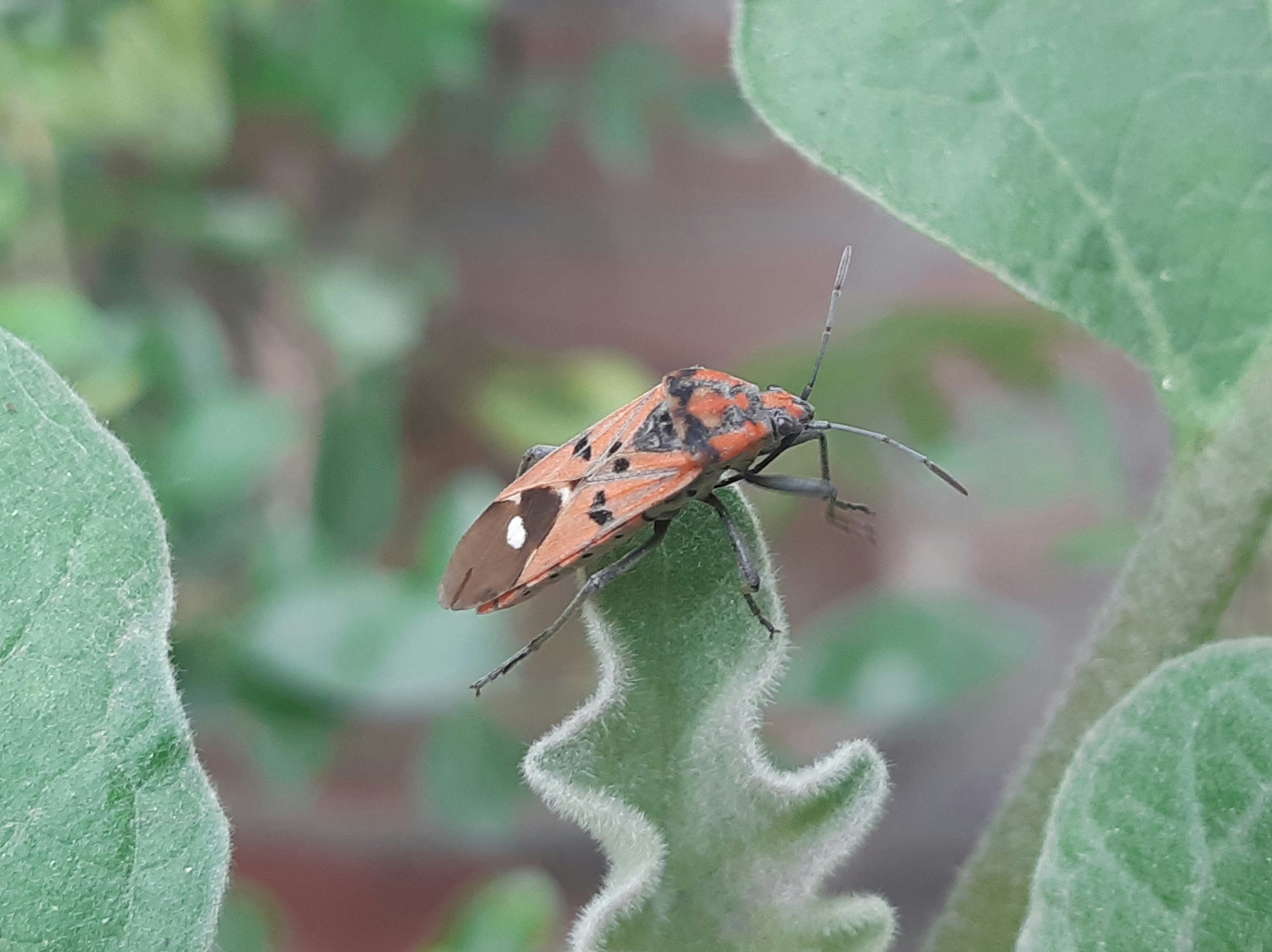
Pests in your home are more than just a nuisance; they can also pose significant health risks to you and your family. From rodents to insects, these unwelcome guests can compromise your living environment. Fortunately, there are several steps you can take to maintain a pest-free home. In this blog post, we’ll explore some top tips that go beyond the usual advice, helping you create a cleaner and safer living space.
Seal Every Entry Point
One of the most effective ways to keep pests out is by closing off their entry points. Pests can enter through even the smallest gaps and cracks. Make sure to seal cracks in walls and foundations, use weather stripping around doors and windows, install door sweeps to close off gaps beneath doors, and check for gaps around utility installations like pipes and cables. Regularly inspect your home to make sure these openings remain sealed.
Maintain Proper Sanitation
Pests are often attracted to food and water sources. Maintaining proper sanitation is key to keeping them at bay. Remember to keep kitchen surfaces and floors clean. Store food in airtight containers, dispose of garbage regularly, and use trash cans with tight-fitting lids. Fix any leaks to eliminate water sources. By removing these attractions, you’ll make your home less inviting to pests.
Consider Professional Help
If your pest problem persists despite taking all these measures, you might benefit from professional assistance. Services offering pest control in Fort Lauderdale can provide specialized treatments tailored to your home’s specific needs.
Regular Landscaping Maintenance
Your yard can also play a significant role in pest control. Keeping your landscape well-maintained can deter pests from making their way inside. Trim trees and bushes away from the walls of your house. Remove standing water in outdoor containers. Keep the lawn mowed and remove any debris. Store firewood away from the home, as it can be a nesting area for pests. Maintaining a clean yard will reduce the chances of pests making their way indoors.
Implement Natural Deterrents
Many homeowners prefer natural methods to keep pests away rather than relying on chemicals. Consider using essential oils like peppermint, eucalyptus, and lavender. Pests dislike these scents. You can also plant pest-repellent herbs like basil, mint, and rosemary around the house or deploy diatomaceous earth around entry points to deter crawling insects. These methods offer a safer, eco-friendly way to manage pests.
Use Physical Barriers
Apart from sealing entry points, physical barriers can be very effective in keeping pests out. Install screens on all windows and doors, use mesh on vents and chimneys, keep doors and windows closed whenever possible, and install fencing around gardens to keep larger pests like rabbits and deer out. These barriers will make it significantly harder for pests to invade your home.
Manage Moisture Levels
Moisture is a major attractant for pests like termites, ants, and cockroaches. Managing moisture levels in your home can help significantly. Use dehumidifiers in damp areas like basements and try to fix leaky faucets and pipes immediately. Ensure proper ventilation in bathrooms and kitchens. Regularly check and clean gutters to prevent water buildup. By controlling moisture, you’ll make your home less hospitable to pests.
Know Your Local Pest Threats
Understanding the specific pests that are common in your area can help you take targeted action. Different regions have varying types of pests, each requiring different management strategies. Consult local pest control guides or speak to neighbors and professionals to identify the most prevalent species in your community.
Schedule Regular Inspections
It’s always a good idea to conduct routine inspections to catch potential problems before they escalate. Check for droppings and other signs of pests and frequently inspect wooden areas for termite damage. Look for signs of gnawing or nesting material. Consider professional inspections by pest control experts, even if you don’t see signs of pests. Regular inspections will help you address issues before they become severe.
Routine Cleaning Schedules
Establish a routine cleaning schedule for all areas of your house, including less frequently used spaces like attics and storage rooms. Regular cleaning disrupts potential nesting sites and removes food sources, making your home less appealing to pests. Consistency is key to ensuring that small issues don’t turn into larger infestations.
Extra Tips for Comprehensive Pest Control
To further fortify your home against pests, consider additional measures such as installing motion-sensor lights around the exterior. Pests often thrive in dark, secluded areas, and bright lights can be an effective deterrent. Also, pay attention to pet food; always store it in secure containers and clean up any spills immediately to avoid attracting pests.
Conclusion
Maintaining a pest-free home requires a multifaceted approach that includes sealing entry points, maintaining proper sanitation, using natural deterrents, managing moisture levels, and regular inspections. By implementing these strategies, you’ll not only keep pests at bay but also create a healthier and more comfortable living environment. While the effort may seem significant, the results are well worth it — a cleaner, safer, and more enjoyable home.
